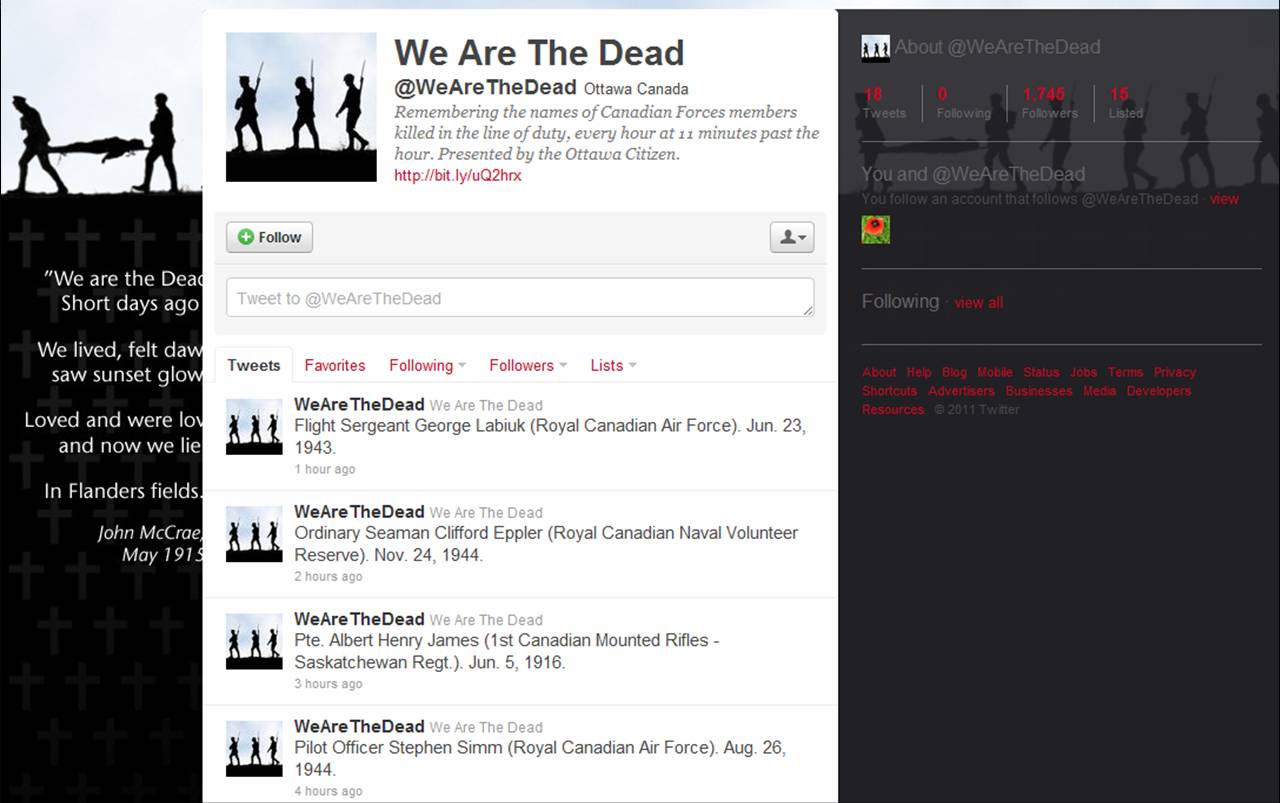So yesterday I tried to fit too many things at too many different places into one day and ended up being late for the Media Society event on reporting Libya and the 'Arab Spring'.
But here are a few incomplete notes on the panel discussion...(
cross-posted at the Frontline Club)
1. BBC vs Sky News reporting of Tripoli
I think this has largely been put to bed. The general consensus seems to be that while Correspondent Alex Crawford and her Sky team did a great job of covering the fall of Tripoli, criticism of the BBC's reporters on the ground was not justified.
ITV's Bill Neely described flak levelled at the BBC team who decided not to proceed with the rebel convoy as "grossly distasteful". But...
2. BBC: Live vs Bulletins
...we did learn from Kevin Bakhurst, Deputy Head of the BBC Newsroom, that one of the reasons Correspondent Rupert Wingfield-Hayes and his team did not follow the story into Tripoli was because they stopped to file a piece for the Six O'Clock News.
While they were doing this, Bakhurst said they became detached from the rebel convoy and the team adjudged that it would have been highly dangerous to try to rejoin it - "the right decision for the situation they were in".
Of course, the team may still have made a decision that it was not safe to travel with the convoy even if they had not become detached. It is worth pointing out that Rupert Wingfield-Hayes was
caught in an ambush the following morning while travelling with the rebels.
Although secondary to safety concerns, therefore, this does nevertheless raise the question of whether the BBC should prioritise rolling news or bulletins.
On the 'bulletins' side of the argument is the fact that bulletins have much larger audience figures than rolling news (Ten O'Clock News, 5 million; BBC News Channel 9.6 million per week).
For the 'rolling news' case, Sky's Alex Crawford was deemed to have "owned the story" and there is a feeling that increasingly audiences are consuming news live, a point raised by the BBC's Jon Leyne. Further research anyone?
3. Blown budgets
It appears that money for international news in 2011 has already run out.Both Kevin Bakhurst and Sky's Head of International News, Sarah Whitehead, said they had blown their budgets and had asked bosses for additional funds.
Ben De Pear from Channel 4 News said he had spent his "tiny" budget by July and had been forced to raid the coffers of other departments. When Bakhurst was asked what he would do if another major international news story broke later in the year he said: "I don't know".
4. Social Media
(Unless I missed something at the beginning)...there wasn't much discussion of social media.
Professor Tim Luckhurst argued that the 'Arab Spring' had stressed the importance of traditional media journalists. Initially, he was talking about 'citizen journalists' not replacing professional reporters which I'd agree with.
But I'm not convinced about the statement that followed from that premise:
"Yes, social media makes a contribution but it makes the least contribution when you need it most. And it cannot always be relied upon. And it can only be relied upon when it is curated by professional journalists".
The first problem here is the identification of 'social media' with 'citizen journalists' when all and sundry are now using social media - especially professional journalists.
Leaving that aside, the crux of the issue is the idea that people who are not professional journalists make least contribution to the news through social media when 'we' need it most. I'm just not sure I agree.
I would argue that generally people who are not professional journalists have much less desire to spend the time, energy, trouble and money to report the news on social media platforms when there is no great pressing need.
The Arab Spring has shown that in the context of state censorship of traditional media and political repression, social media provides a (nevertheless contested) space where people who have a frustrated need to share news, ideas and information can do so.
You might call this a very different form of 'journalism'.
You might reject that understanding of 'journalism', but surely the contribution of these individuals to the news and even 'traditional journalism' when 'we' needed it, has been rather important (even if their contribution was subsequently often curated and brought to a broader audience by professional journalists)?
It's both, not one or the other.
--------------------------
I'd be interested in your thoughts...
The book launched at the event,
Mirage in the Desert? 'Reporting the Arab Spring', is available on
Amazon and includes a chapter by me on the
Gay Girl in Damascus blog.
 The
The 


